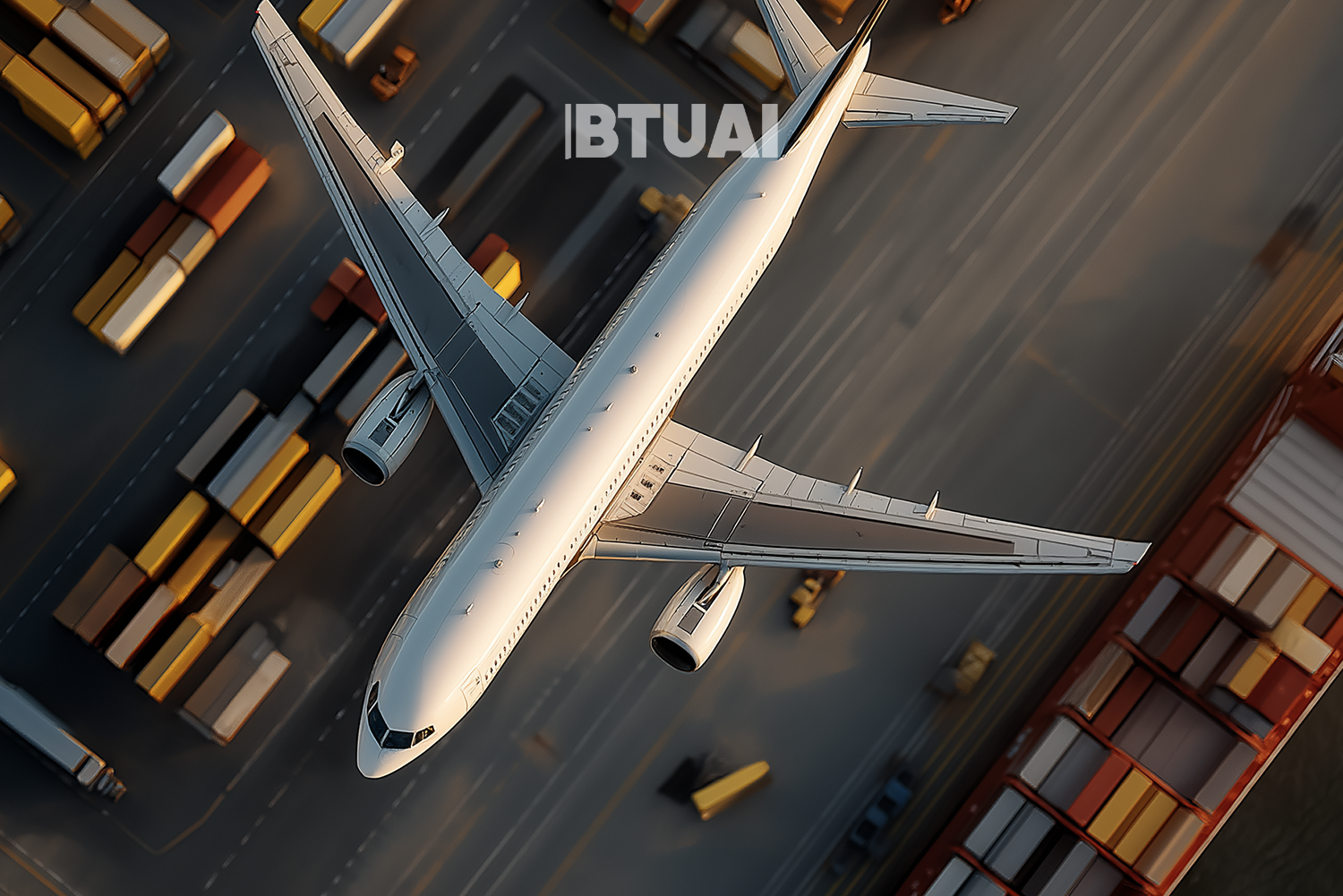How Air Freight Growth Is Reshaping Global Trade — and Georgia’s Role in It
For centuries, global trade was almost entirely dependent on maritime transport. With the rise of globalization and international trade,

For centuries, global trade was almost entirely dependent on maritime transport. With the rise of globalization and international trade, shipping routes remained the dominant arteries of the global economy, especially for bulk, large-volume goods. Even today, roughly 70% of the world’s freight moves by sea, about 18% by road, 9% by rail, and less than 0.25% by air.
However, this balance has started to shift in recent years. For certain categories of products—especially those where speed and high value are critical—air freight is becoming increasingly important. This includes microchips, pharmaceuticals, high-end electronics, luxury goods, and fast fashion collections, which often travel by air to meet tight delivery schedules.
The need for faster delivery became even more pressing after the COVID-19 pandemic, which disrupted global supply chains and pushed companies toward leaner inventories and just-in-time production models. As a result, demand for air freight has risen sharply, even though its cost remains significantly higher than other modes of transport.
Globally, air freight volumes grew by 11.3% in the first half of 2024 compared to the previous year, reaching approximately 103 billion tonne-kilometers. Microchips alone accounted for over 35% of air cargo volumes, underscoring that high-value technology goods dominate this sector.
Rail freight has also positioned itself as a competitive alternative for long-distance trade. For example, freight trains traveling from China to Europe take about 2–3 weeks, compared to 4–6 months by sea. This highlights that in modern global trade, price is no longer the sole deciding factor—speed, flexibility, and supply chain reliability are increasingly important.
In Georgia, air freight has also been growing in recent years, though it still accounts for a small share of the country’s total trade volume. The nation’s logistics system remains heavily reliant on road and sea transport, particularly through the ports of Poti, Batumi, and Kulevi.
Still, for certain types of goods—particularly pharmaceuticals, high-value tech equipment, and perishable food products—air freight is becoming the optimal option for fast, time-sensitive delivery.
In 2024, Georgian airports handled 270 thousand tons of cargo, up 20% year-on-year. Total air cargo turnover (in tonne-kilometers) reached 612 million, a 44% increase compared to the previous year (source: United Airports of Georgia).
While air freight still does not replace bulk sea and land transport, it is gradually emerging as a strategic channel for Georgia in sectors where speed and secure delivery are critical.
Moreover, ongoing investments in air infrastructure—such as new terminals, logistics hubs, and stronger international partnerships—could help position Georgia as a regional logistics hub in the Black Sea and South Caucasus region.




